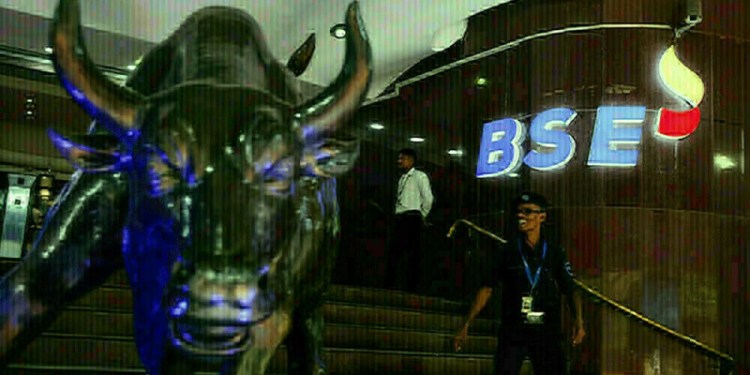LONDON (Reuters) – Some Bank of England policymakers saw signs that a capital buffer for banks might need to be raised in future, the BoE said, but a recent slowdown in risk appetite meant no change was needed for now.
Britain’s banks have been required to meet a so-called countercyclical capital buffer of only 1 percent of their risk-weighted assets as part of the BoE’s attempts to avoid a repeat of the taxpayer bailouts after the global financial crisis.
“Some members noted considerations that might challenge the adequacy of the 1 percent CCyB rate,” the BoE said in the minutes of the June 19 meeting of the Financial Policy Committee that were published on Tuesday.
“Strong risk appetite could have had some effect on the resilience of the banking system since the end of 2016, the date of bank balance sheets tested in the 2017 stress test,” it said.
The CCyB buffer is supplementary to bigger capital requirements on banks which are designed to reduce the risk of a collapse of a major lender.
The FPC suggested in March it might raise the CCyB buffer above 1 percent but said last week it was making no change for now.
Britain’s economy slowed in early 2018 and the BoE noted signs of a reduction in domestic risk appetite.
The minutes of the June meeting also showed the CCyB buffer would be reviewed as part of this year’s stress tests of Britain’s biggest banks, the results of which are due to be announced at the end of this year.
“The Committee reiterated that, although it was not relevant to the current risk environment, it was prepared to increase the UK CCyB rate beyond the region of 1 percent were risks to develop beyond the standard range,” the minutes said.
Fusion Media or anyone involved with Fusion Media will not accept any liability for loss or damage as a result of reliance on the information including data, quotes, charts and buy/sell signals contained within this website. Please be fully informed regarding the risks and costs associated with trading the financial markets, it is one of the riskiest investment forms possible.
Source: Investing.com




























